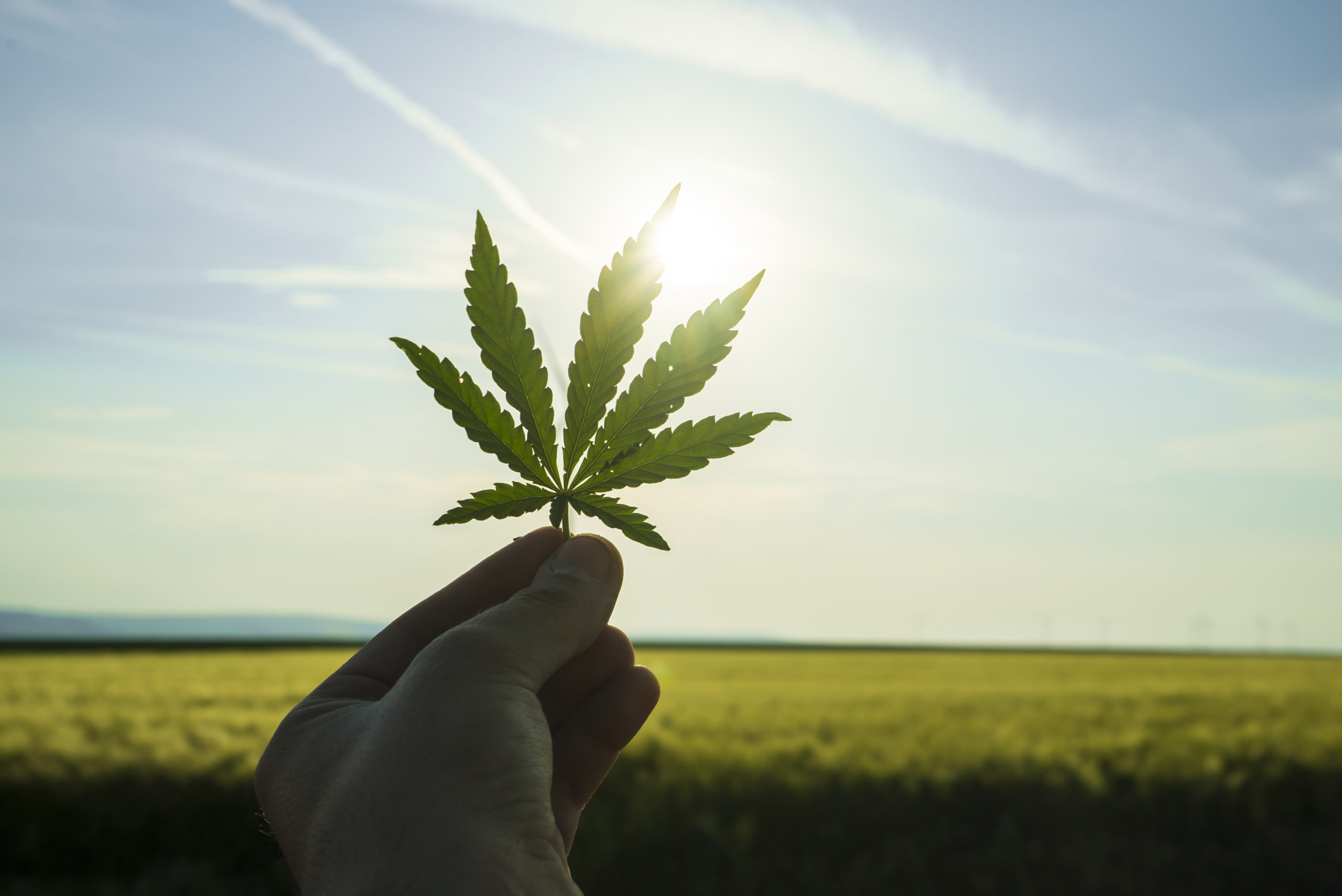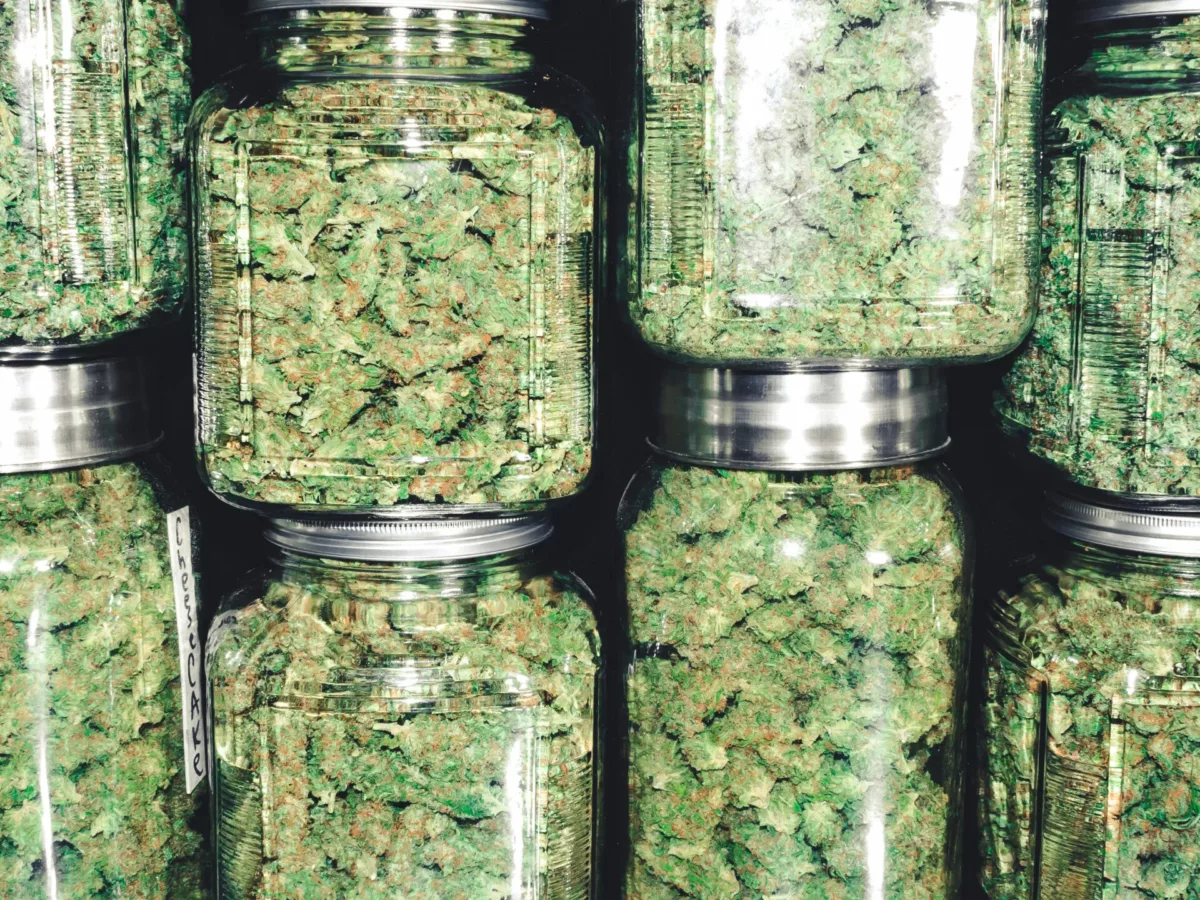As Virginia’s new legislative session gets under way, Republicans – emboldened after taking back the governor’s mansion and the House of Delegates – are taking aim at cannabis reforms passed by the General Assembly last year.
GOP state lawmakers have pre-filed several measures that would roll back provisions from last year’s legalization bill, zeroing in on social equity measures meant to address the negative effects of weed prohibition on communities of color.
Senate Minority Leader Tommy Norment (R-James City) has proposed legislation to delete language from last year’s bill that directs 30% of tax revenue from forthcoming retail weed sales to a fund created to reinvest in communities disproportionately targeted by harsh drug laws.
Norment’s bill would put money from the Cannabis Equity Reinvestment Fund back into the commonwealth’s general fund, effectively defunding the initiative and rendering it useless. (In July, Gov. Northam appointed Janice Underwood, his Chief Diversity, Equity and Inclusion Officer, to chair the reinvestment fund.)
The push to undo social equity provisions of last year’s legalization bill has raised the alarm among advocates, who just months ago were still reveling in the historic measure’s passage.
“It does feel like a punch to the gut to see how quickly this could all be deleted,” said Chelsea Higgs Wise, executive director of Marijuana Justice, a grassroots advocacy organization that played a key role in getting legalization passed in the commonwealth.
On Sunday night, Higgs Wise joined other advocates for a virtual “prep rally” to discuss strategies to keep pushing for reform during the 2022 legislative session.
“We are so much on the defense right now,” Higgs Wise said. “I’m really looking to make sure that we can protect a lot of the work that came out of the [legalization] bill last year.”
Last year’s cannabis laws aren’t the only ones in the GOP’s crosshairs. Another bill pre-filed by Del. Ronnie Campbell (R-Rockbrige) seeks to repeal a 2020 law that barred Virginia police from using the odor of weed as a sole pretext to conduct searches without a warrant. Advocates for criminal justice reform have long argued that police use the smell of cannabis as an excuse to make racially biased and sometimes deadly traffic stops.
André Hakes, president of the Virginia Association of Criminal Defense Lawyers, said that rolling back protections against cannabis searches could lead to more arrests, prosecutions and jail time for Virginians.
“It seems like a small thing, it seems kind of technical, but it’s something that affects a huge number of people,” Hakes said. “Anybody can get stopped for something very minor and then if you are a person of color, or if you are suspicious to the police for any reason, you can be off to the races there.”
Some Republicans are also looking to slow Virginia’s roll when it comes to launching a regulated market for recreational weed. The commonwealth legalized simple possession and home cultivation in July, but recreational sales aren’t set to begin until 2024 and legislators will need to vote again this year on authorizing a retail weed market.
Del. Lee Ware (R-Powhatan) has advanced a proposal to amend last year’s legalization bill to allow recreational sales “only in localities that have approved the operation of retail marijuana stores through a referendum.” As the 2021 bill stands, dispensaries would be allowed everywhere by default – except in localities that vote to opt out of recreational sales by referendum. Ware’s bill would turn that exception on its head.
Efforts to roll back parts of legalization are likely to gain support from Republican Gov.-elect Glenn Youngkin, who in a recent interview said “there’s a lot of work to be done” on retail weed laws and expressed concerns about social equity measures.
Still, Higgs Wise of Marijuana Justice said she isn’t deterred by the GOP’s efforts, and will keep pressing legislators to make social equity and criminal justice reform a central part of legalization.
“It’s heartbreaking, but it’s not unusual for history to have these types of rollbacks when we’ve made so much progress in the last few years,” she said.






